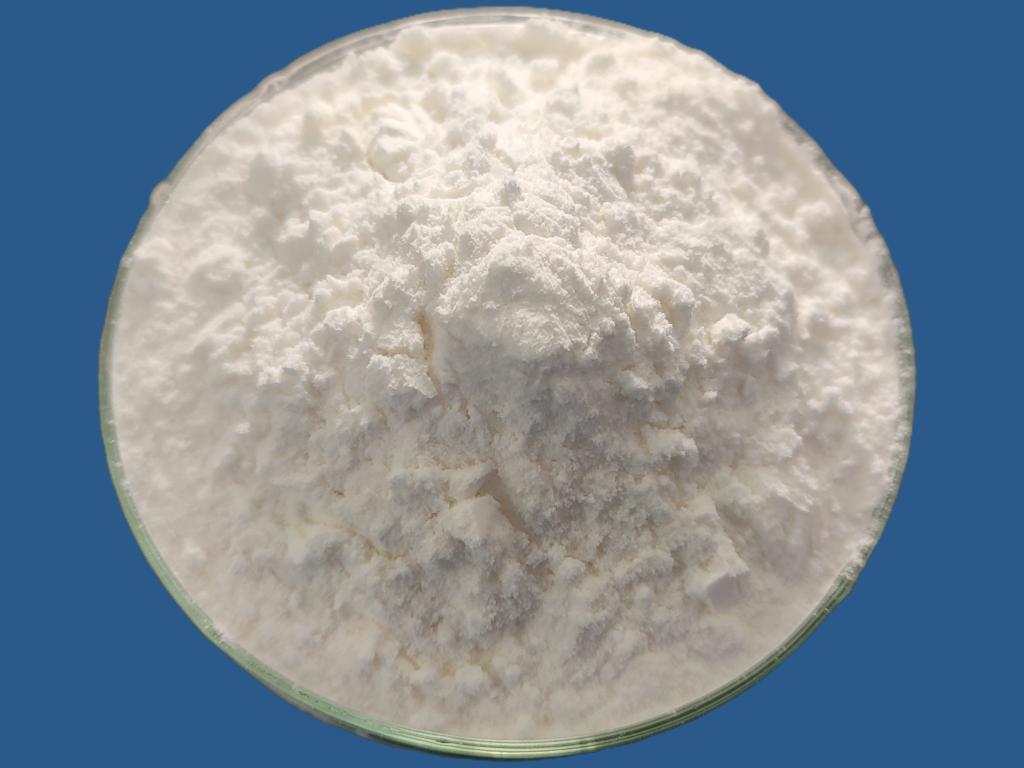Tel:+8618231198596

News
 CONTACT
CONTACT
 CONTACT
CONTACT
- Linkman:Linda Yao
- Tel: +8618231198596
- Email:linda.yao@dcpharma.cn
- Linkman:CHARLES.WANG
- Department:Overseas
- Tel: 0086 0311-85537378 0086 0311-85539701
News
ε-Polylysine hydrochloride use in cosmetic formulations enhances product stability and shelf life.
TIME:2024-03-29
Understanding ε-Polylysine Hydrochloride:
ε-Polylysine hydrochloride is a cationic homopolymer composed of lysine units linked by peptide bonds. It is produced through fermentation by certain strains of bacteria, notably Streptomyces albulus. This biopolymer is water-soluble, biodegradable, and non-toxic, making it suitable for various applications, including cosmetics.
Applications in Cosmetic Formulations:
Preservation: One of the primary applications of ε-Polylysine hydrochloride in cosmetics is as a natural preservative. Its antimicrobial properties inhibit the growth of spoilage microorganisms and pathogenic bacteria, thereby extending the shelf life of cosmetic products such as creams, lotions, serums, and emulsions.
Stability Enhancement: ε-Polylysine hydrochloride acts as a stabilizing agent in cosmetic formulations, helping maintain the integrity and consistency of products over time. It prevents phase separation, emulsion breakdown, and microbial contamination, ensuring product stability and uniformity throughout storage and use.
Antioxidant Protection: ε-Polylysine hydrochloride exhibits antioxidant properties, scavenging free radicals and oxidative species that can degrade cosmetic ingredients and compromise product efficacy. Its inclusion in formulations helps protect sensitive actives and botanical extracts from oxidation, preserving their potency and efficacy.
Benefits of ε-Polylysine Hydrochloride in Cosmetic Formulations:
Natural Origin: ε-Polylysine hydrochloride is derived from natural sources and is considered a safer alternative to synthetic preservatives and stabilizers in cosmetics. Its natural origin aligns with consumer preferences for clean-label and eco-friendly beauty products, enhancing brand appeal and marketability.
Extended Shelf Life: By inhibiting microbial growth and oxidative degradation, ε-Polylysine hydrochloride extends the shelf life of cosmetic formulations, reducing the risk of product spoilage, microbial contamination, and deterioration of sensory attributes. This helps minimize product wastage and improves economic efficiency for manufacturers and consumers alike.
Compatibility with Formulations: ε-Polylysine hydrochloride is compatible with a wide range of cosmetic formulations, including water-based emulsions, oil-in-water emulsions, and anhydrous products. Its solubility in water and versatility in formulation make it suitable for use in various product formats and application methods.
Safety and Non-Toxicity: As a GRAS (Generally Recognized as Safe) ingredient, ε-Polylysine hydrochloride is considered non-toxic and safe for topical application on the skin. It poses minimal risk of irritation, sensitization, or allergic reactions, making it suitable for use in sensitive skin care products and cosmetic formulations.
Challenges and Considerations:
Formulation Optimization: Achieving optimal stability and efficacy in cosmetic formulations containing ε-Polylysine hydrochloride requires careful formulation optimization. Factors such as pH, compatibility with other ingredients, and processing conditions must be considered to maximize its performance and shelf life benefits.
Regulatory Compliance: Regulatory requirements governing the use of ε-Polylysine hydrochloride in cosmetics may vary across regions and jurisdictions. Compliance with safety standards, labeling regulations, and ingredient declarations is essential to ensure consumer safety and market access for cosmetic products containing ε-Polylysine hydrochloride.
Consumer Perception: Educating consumers about the benefits and safety of ε-Polylysine hydrochloride in cosmetics is crucial to address potential concerns or misconceptions. Transparent labeling and clear communication regarding the natural origin and functionality of ε-Polylysine hydrochloride can help build trust and confidence among consumers.
Future Directions:
Research and Innovation: Continued research into the properties, applications, and potential benefits of ε-Polylysine hydrochloride in cosmetic formulations is essential for unlocking its full potential and addressing existing challenges. Research efforts should focus on formulation optimization, efficacy testing, and safety evaluations to support its broader adoption in the cosmetics industry.
Market Expansion: Exploring new market opportunities and product applications for ε-Polylysine hydrochloride in cosmetics, such as natural and organic beauty products, anti-aging formulations, and sun care products, can diversify its usage and create new opportunities for innovation and growth in the cosmetics industry.
Collaboration and Partnerships: Collaboration among cosmetic manufacturers, ingredient suppliers, regulatory agencies, and consumer advocacy groups can facilitate knowledge exchange, technology transfer, and regulatory harmonization efforts related to ε-Polylysine hydrochloride in cosmetic formulations.
Conclusion:
ε-Polylysine hydrochloride offers a natural and effective solution for enhancing stability and extending the shelf life of cosmetic formulations. Its antimicrobial properties, stability-enhancing effects, and natural origin make it a valuable ingredient for cosmetic manufacturers seeking alternatives to synthetic preservatives and stabilizers. By incorporating ε-Polylysine hydrochloride into cosmetic formulations, brands can offer consumers safer, more stable, and longer-lasting beauty products that meet the evolving demands for natural, clean-label, and sustainable cosmetics. Through collaborative research, innovation, and market development efforts, ε-Polylysine hydrochloride can contribute to the advancement of cosmetic science and the creation of safer, more resilient beauty products for consumers worldwide.
- Tel:+8618231198596
- Whatsapp:18231198596
- Chat With Skype







